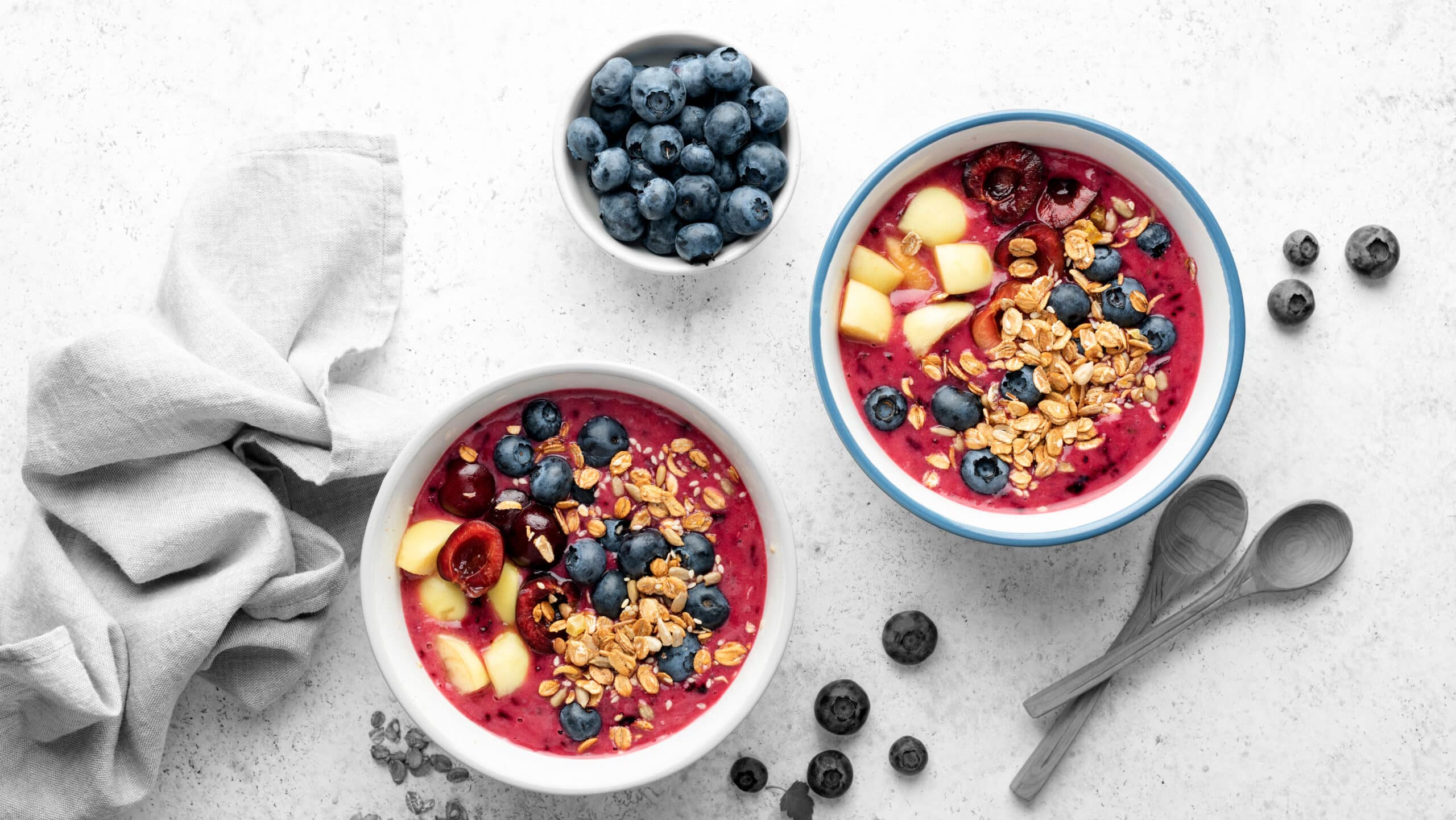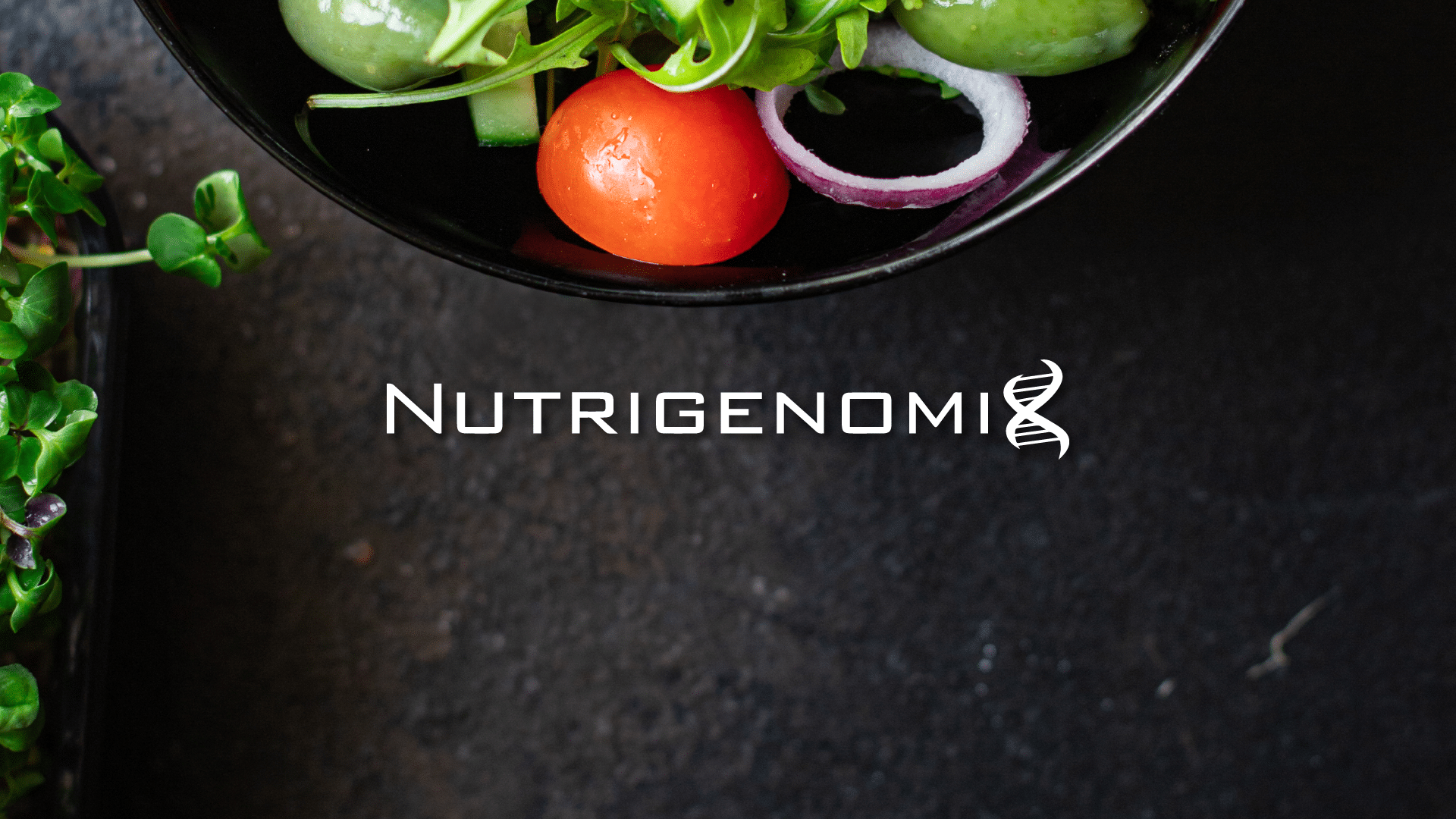Examining the Importance of Nutrition in Treating Substance Use Disorders
Our health-focused approach aims to reintroduce essential nutrients to support healthy brain function during the detoxification process.

Substance addiction can cause malnutrition and dietary imbalances, which can lead to physical and mental health issues and increase the risk of developing other diseases. Unidine emphasizes the importance of providing fresh and healthy food options to support addiction recovery. Their health-focused approach aims to reintroduce essential nutrients to support healthy brain function during the detoxification process, reduce the likelihood of relapse, and promote overall physical and mental health.
In 2017, the World Health Organization estimated that every year, worldwide, 3.3 million deaths occur as a result of harmful alcohol consumption and 15.3 million people use drugs in a harmful way.1 According to the Washington Post,2 more Americans died from drug overdoses in 2021 than any previous year. More than 100,000 Americans died of drug overdoses in 2021, up 15% from the previous year, according to figures released by the National Center for Health Statistics. With substance addiction on the rise, it is essential to examine treatment strategies in a holistic manner that combine multiple therapies with enhanced nutritional support.
Patients confronting substance abuse benefit from a holistic healing approach comprised of individual and group therapy, family support and evidence-based treatments that result in positive behavioral changes. Treatment professionals help patients understand addiction triggers and the coping skills that help avoid the dependence on substance use, resulting in patients gaining control and leading healthier lives. Unidine’s Fresh Food Pledge ensures a dining experience centered on healthy foods and proper nutrition to rebuild physical and mental health where bodies and minds have been compromised by extended abuse.
Drug and alcohol abuse can significantly impair healthy digestion processes, leading to constipation, diarrhea, indigestion and decreased appetite. Chronic substance addiction damages the gastrointestinal (GI) tract and disrupts or completely blocks the body from absorbing essential vitamins, minerals and amino acids such as thiamine, calcium, riboflavin, niacin, folic acid, vitamins A, B1, B6, C, D, E, and K, magnesium and zinc.3
Individuals suffering from alcohol addiction may feel full from alcohol, which is high in calories, but completely lacking in nutrients. Opiate or stimulant addiction results in individuals often forgoing eating due to suppressed appetite, poor food preparation skills and environments, and using money to purchase drugs instead of food.
These combined factors contribute to malnutrition, which directly impacts the neurotransmitter functions crucial to the healthy brain activities that control mood and behavior. Without adequate nutrients, the brain is unable to differentiate between cravings for food, drugs or alcohol, making it difficult to overcome the initial withdrawal symptoms during detoxification, as well as ultimately achieving success in long-term substance abstinence and recovery.
Malnutrition and dietary imbalances associated with substance addiction also cause significant impacts on physical and mental health and can contribute to the increased long-term risk of developing other diseases such as liver disease, diabetes, cardiovascular disease, pulmonary disease, mood disorders and lowered immune function.4

Providing nutrition knowledge and incorporating healthy eating habits into a holistic treatment approach for addiction programs helps support recovery by restoring physical and mental health and reducing the likelihood of relapse.
Studies have shown that patients in recovery have limited knowledge of dietary recommendations and nutritional guidelines. They tend to consume less than the recommended minimum amount of vegetables, fruits and grains, and are more likely to consume sweets or foods with low nutritional value.5 Introducing nutrition education during the initial stages of the recovery process provides crucial dietary support that helps patients adjust from a diet based on junk food and fast food to a more well-rounded diet.
During the initial detoxification phase, patients suffering from malnutrition may experience discomfort when eating and difficulty digesting foods due to damaged GI tracts. To better support their needs, a smoothie or shake made with fresh vegetables and fruits and dietary supplements can deliver nutritional benefits such as replacing electrolytes and other essentials with comfort and ease. Many patients express a strong interest in healthy eating and nutrition when in the early stages of recovery. Unidine’s programs address these desires through guidance, assistance and healthy options while ensuring each patient receives proper nutrition.
At Unidine, we pride ourselves on providing food and dining options that are culinary-centric, health-focused and customized to patient and client needs. Our commitment to fresh ingredients and scratch cooking supports client’s wellness strategies, while customized menus deliver a variety of healthy dining options that will excite patients and staff while educating them on the benefits of nutrition.
Unidine’s team of creative culinary experts and clinical dietitians stay current with the latest clinical evidence to develop programs that facilitate healthy food choices, promote nutrition education and improve population health. As an industry leader in food and dining services with extensive experience in partnering with behavioral health and addiction treatment facilities, Unidine combines culinary creativity, service excellence and evidence-based research to deliver the Recipe to Recovery:
Our four-ingredient recipe is easily integrated into your existing dining management operations and is designed to enhance your treatment therapies and programs, and boost patient outcomes.
Learn more here: Recipe for Recovery



